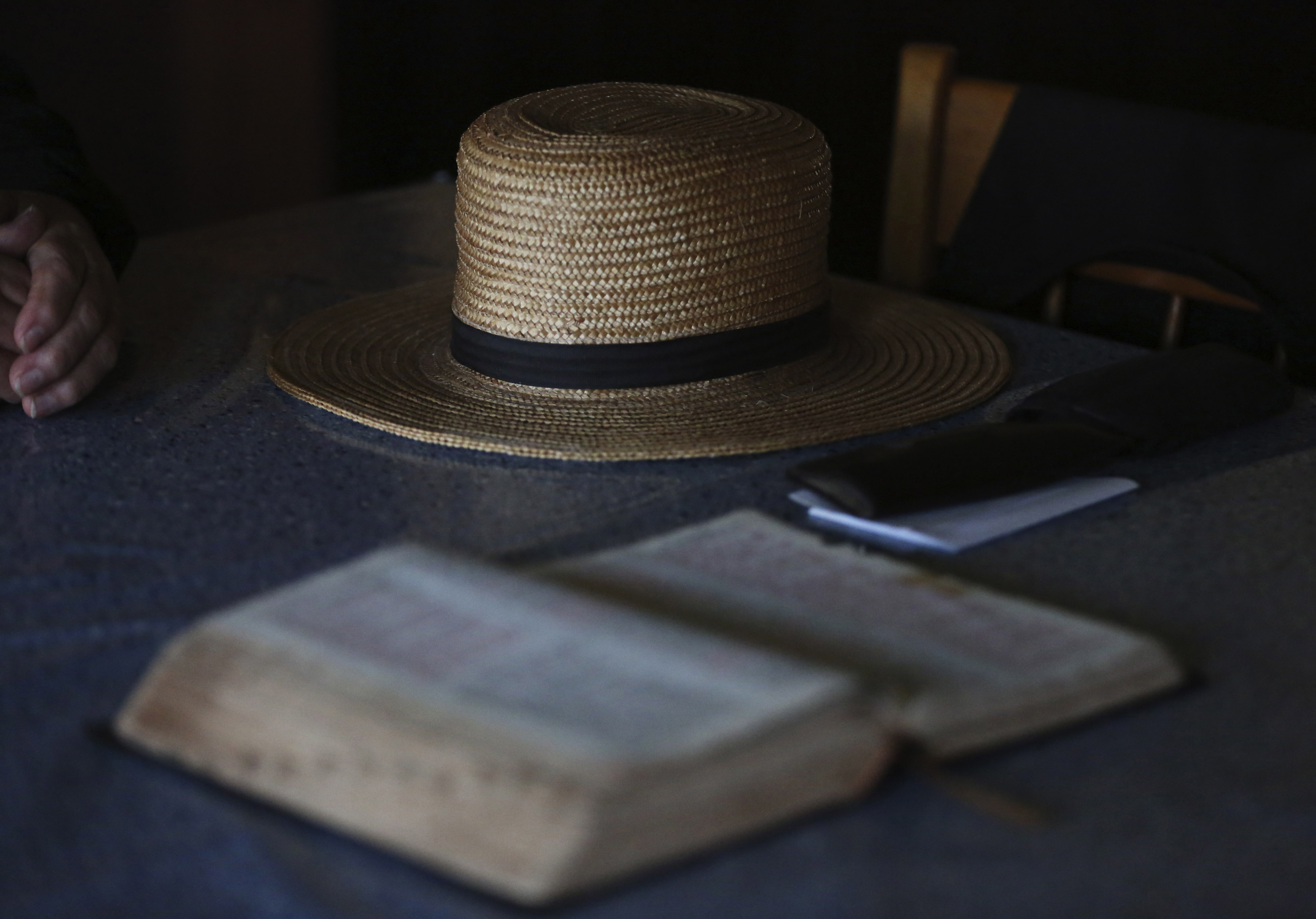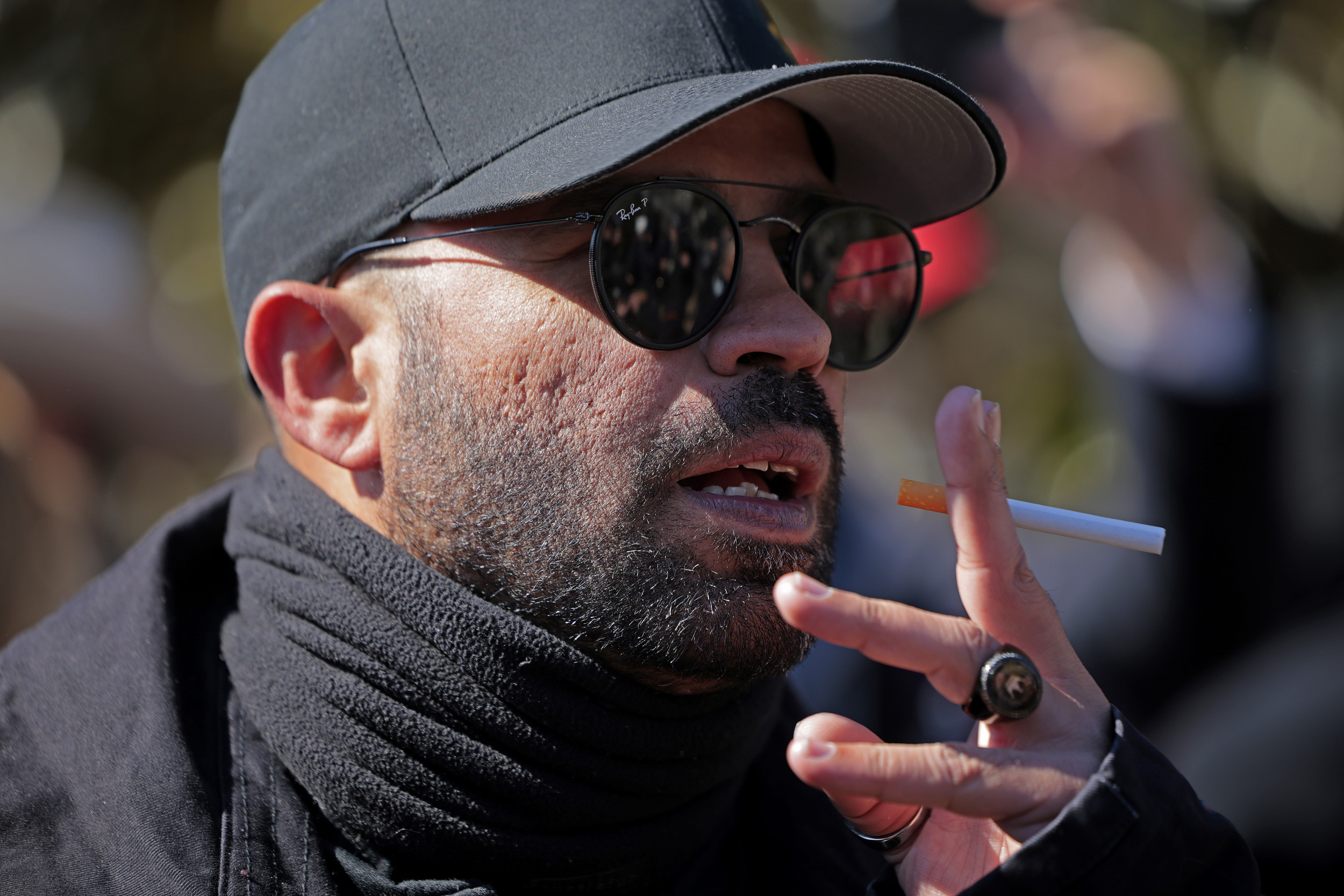Stephanie Wallach, one of the first female airline pilots in the United States, faced both challenges and triumphs throughout her groundbreaking career in a male-dominated industry.
Now 78 years old and living in Medina, Washington, Wallach's journey in aviation began in 1975, at a time when female pilots were an extreme rarity in commercial airlines.
Wallach, who is from New Rochelle, New York, was hired by Braniff Airways in December 1975 and she was one of only 10 female airline pilots in the country at the time, she said. She later joined Alaska Airlines, where she rose to the rank of captain within six years.
In 2006, after more than three decades in aviation, Wallach became the first female Alaska Airlines pilot to retire upon reaching the Federal Aviation Administration (FAA)-mandated retirement age, as reported by The Seattle Times in February 2006.

Although Wallach encountered resistance from within the airline industry, she said that most passengers reacted positively to seeing a woman in the captain's seat.
"I was never asked to do anything by a passenger that was 'not in my job description' other than the occasional request to hang up their coats or fetch them a cup of coffee," she told Newsweek. "I would usually grab the coat and hang it up without comment, amused."
However, she made it clear that there were limits. "But I drew the line at beverage service. I wouldn't have dared to subject some unsuspecting passenger to my waitressing skills," she added, emphasizing that "my first responsibility as a flight crewmember was to keep my passengers safe."
Breaking Barriers in the Cockpit
Within the pilot ranks, Wallach experienced some negativity and rumors spread among colleagues.
According to a July 2020 study in the Journal of Air Transport Management, "female commercial airline pilots have been experiencing gender prejudice and discrimination in the workplace."
The study found that "these prejudices and discriminations place considerable psychological burden on them which can significantly affect their behavior and performance."
Wallach said: "I think it's safe to say that for first-generation female airline pilots, the pressure of being so carefully scrutinized by our fellow male crew members, the public, and our training departments was a constant source of stress." Despite the scrutiny, she remained focused on her work.
Challenges of an Airline Pilot's Lifestyle
Beyond the technical demands of the job, Wallach said the most difficult part of being a pilot was the lifestyle—particularly as a single parent.
"For me, the most challenging aspect of being an airline pilot wasn't the actual flying but rather the lifestyle," she said. "I was a single parent, so being away from home and constantly trying to arrange my schedule around my son's was a second full-time job."
For the first few years of her career, Wallach described the job as "glamorous," but that perspective shifted over time. "Then I began to take it for granted. That's human nature, I think," she said.
Looking back now, she appreciates how special her career was. "Flying airplanes is thrilling and just plain fun, and I think the non-flying world will always see it that way," she said. "I miss it. To think that I got to do it for 30-plus years—well, lucky me."

How the Industry Has Changed for Women
Women are estimated to make up 4-6 percent of global airline pilots, "but it is growing," the Centre for Aviation (CAPA) reported in July 2023.
The portion of female airline pilots in the U.S. rose from 3.3 percent in 2002 to 4.9 percent in 2022, according to CAPA.
Reflecting on how the industry has evolved, Wallach noted that while women still make up a small percentage of airline pilots, opportunities have significantly expanded since she started in the 1970s.
"There are now large support groups of professional women pilots, and the internet has made it so easy for them to communicate with one another," she said.
Wallach was instrumental in forming one such support system, co-founding The International Society of Women Airline Pilots (ISA+21) in 1978 alongside Beverley Bass of American Airlines. The organization continues to serve as a powerful advocate for female pilots today.
"Women in Aviation [WIA] and ISA+21 are two very powerful advocate organizations and resources for professional female pilots," she said. "There is, from what I hear, still some pushback from some of the men, but women now are so much better equipped and supported to deal with it."
Wallach's pioneering career not only paved the way for future generations of female pilots, but also reshaped the landscape of commercial aviation. Her resilience and achievements continue to serve as an inspiration for women in the field today.

Do you have a travel-related story to share? Let us know via life@newsweek.com and your story could be featured on Newsweek.


















 English (US) ·
English (US) ·